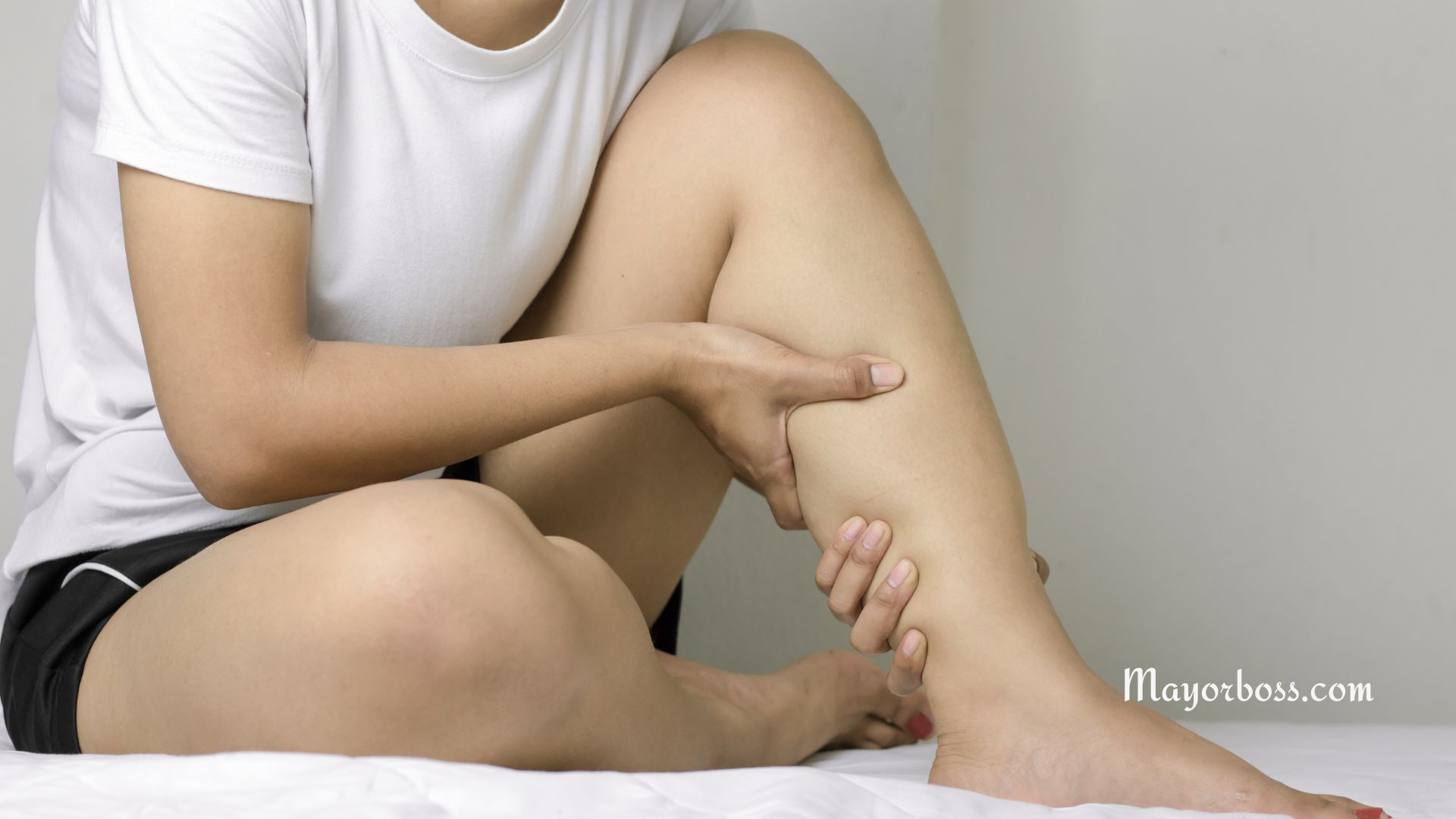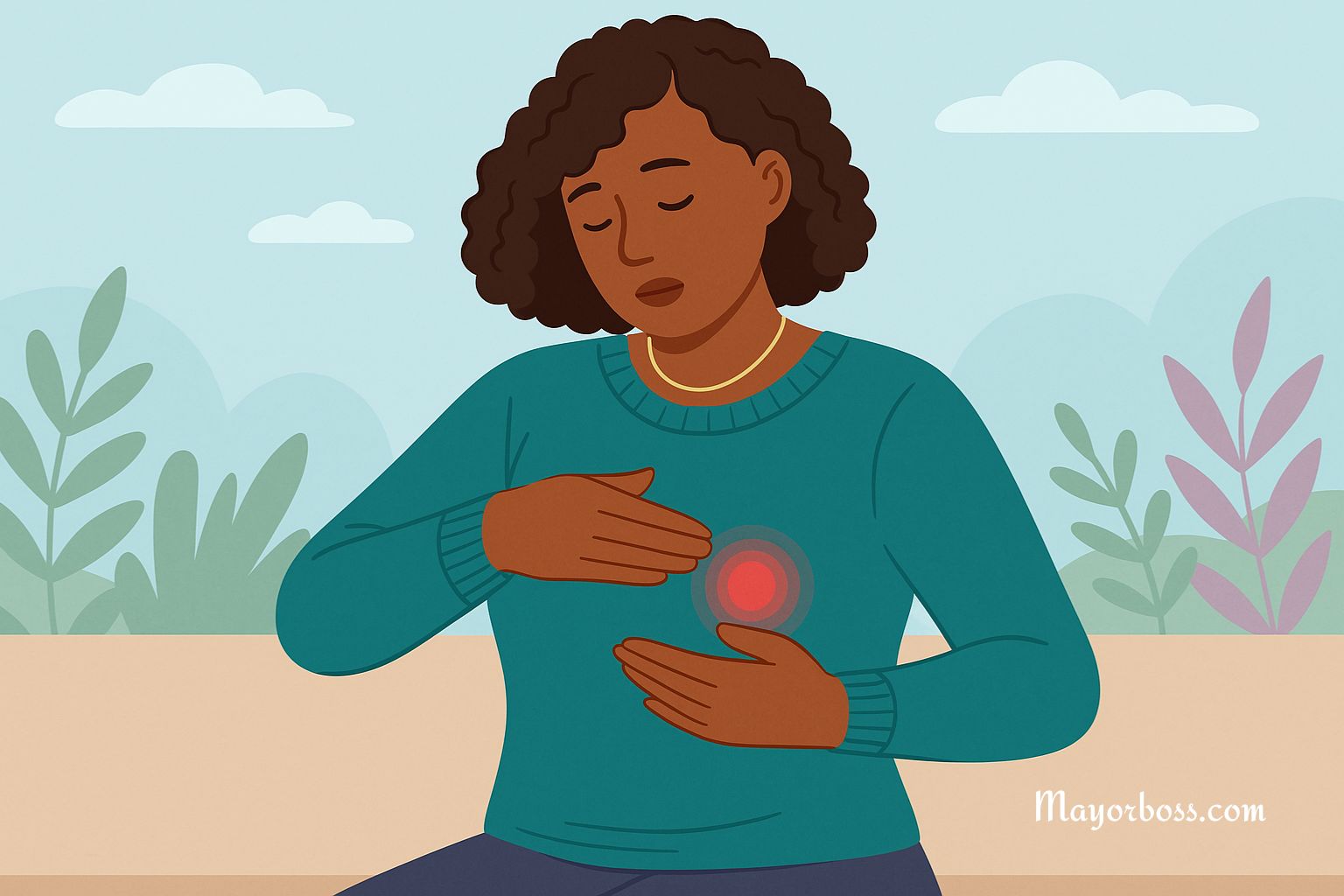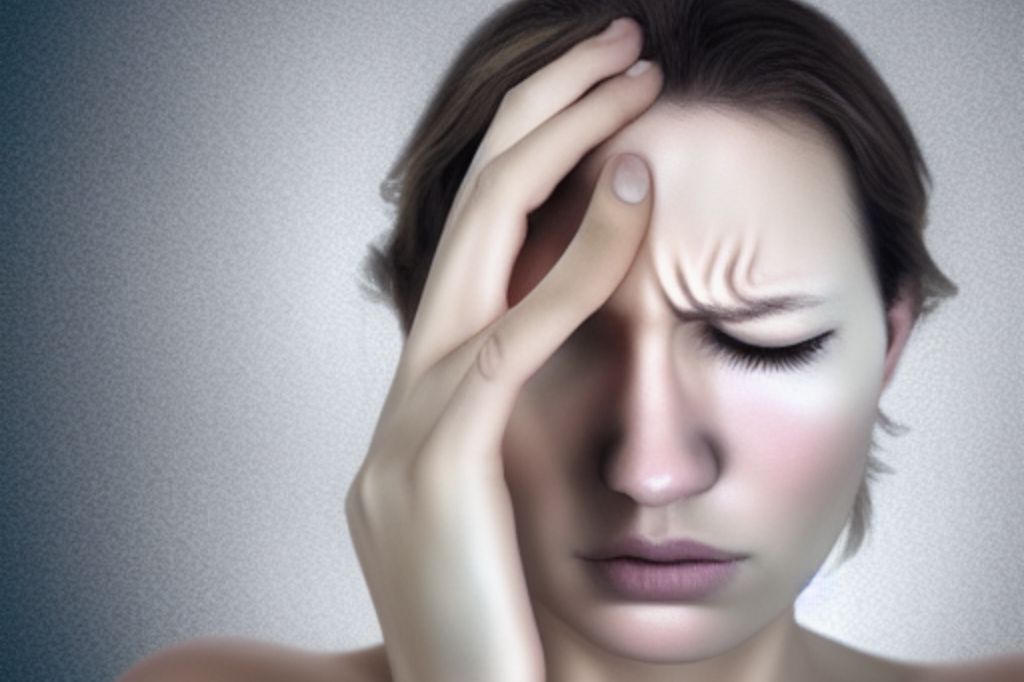Here’s Why Your Leg Cramps at Night
Leg cramps, especially the ones that wake you up at night, can be really annoying. These sudden, painful muscle spasms usually happen in your calves and can leave you rubbing your leg, trying to make the pain go away. Please continue reading to learn why these cramps happen and what you can do to stop them.

Muscle Contractions During the Night Are the Main Cause
Leg cramps happen because your muscles contract and can’t relax. These cramps usually happen in your calf muscles, but they can also affect your feet or thighs. The muscle tightens up, causing a sharp pain that can last from a few seconds to several minutes.
These cramps often happen at night, making them even more frustrating because they interrupt your sleep, especially when your muscles tighten up suddenly. Researchers don’t know for sure why these muscle contractions happen more often when you’re lying down. But some think it has to do with the way your legs are positioned while resting. When your feet are pointed down, which is common when lying on your back or stomach, your calf muscles get shorter, making them more likely to cramp.
Dehydration Can Cause Leg Cramps at Night
Your body needs water to work well, and dehydration can cause muscle cramps. If you don’t have enough water, your muscles can become more sensitive, which makes nighttime cramps more likely. While you sleep, you lose water from breathing and sweating, and if you haven’t been drinking enough during the day, it can make things worse.
The Mayo Clinic says that dehydration isn’t just about not having enough water. It also means your body doesn’t have enough minerals like potassium, magnesium, and calcium. These minerals are important for your muscles to work properly. Without them, your muscles have a hard time relaxing, which can lead to cramps.
Low Electrolyte Levels Make It Hard for Muscles to Work
Electrolytes—like potassium, magnesium, sodium, and calcium—are essential for proper muscle function. They help send signals that make your muscles contract and relax. If you don’t have enough of these minerals, this process doesn’t work right, and your muscles can spasm and cramp.
According to the National Institutes of Health, low levels of magnesium and potassium are often linked to nighttime leg cramps. You can have low electrolytes if you’re not eating a balanced diet, losing fluids through exercise or sweating, or because of certain medications.
Sitting or Standing Too Long Can Be a Problem
If you sit or stand for long periods during the day, your muscles can get stiff or tight. This lack of movement can lead to poor blood flow in the legs, making cramps more likely when you lie down at night.
If your muscles stay in the same position for too long, they can get tired or strained. This can happen even if you’re sitting at a desk all day or standing without moving much. To help with this, try to move around during the day, like taking a short walk. Stretching or walking for a few minutes every hour can really help.
Medications and Health Problems Can Cause Leg Cramps
Some medications can make you more likely to have leg cramps at night. Diuretics, which are used to treat high blood pressure, can lower your potassium and other electrolytes, which can cause cramping. Statins, used to lower cholesterol, have also been linked to muscle pain and cramps.
Health conditions like diabetes, nerve problems, or poor circulation can also lead to leg cramps at night. For example, people with peripheral artery disease (PAD) may have poor blood flow to their legs, which makes cramps more common. If you have frequent or severe cramps, it’s a good idea to talk to your doctor about any health conditions that could be causing them.
Ways to Prevent Leg Cramps at Night
The good news is there are ways to lower your chances of getting leg cramps at night.
Drink Enough Water Throughout the Day
One of the easiest ways to prevent leg cramps is to drink enough water. Staying hydrated helps keep your muscles working well. Try to drink water regularly throughout the day, instead of waiting until you’re really thirsty.
Eat Foods That Have Enough Electrolytes
Make sure your diet includes foods rich in potassium, magnesium, and calcium. Bananas, spinach, nuts, and dairy products are good sources of these nutrients. If you think you’re not getting enough through your diet, talk to your doctor about taking supplements.
Stretch Your Muscles Before Bed
Stretching your leg muscles before bed can help reduce the chance of cramps. Stretch your calves, hamstrings, and feet. A simple calf stretch—stand an arm’s length from a wall, put one foot behind you, and lean forward—can help.
Change How You Sleep
The way you sleep can affect your chances of having leg cramps. Try sleeping on your back with a pillow under your knees, or on your side with a pillow between your legs. This can help reduce pressure on your muscles and keep them relaxed. Also, try not to tuck your sheets in too tightly, as this can force your feet into a position that causes cramps.
When to See a Doctor for Leg Cramps
Most leg cramps are harmless but annoying. However, if you have frequent, severe, or long-lasting cramps that don’t get better with lifestyle changes, it’s time to see a doctor. They may need to do tests to see if something else is causing the cramps.
If you also have muscle weakness, swelling, or redness with the cramps, it could be a sign of a more serious problem, like a blood clot or nerve issue. In these situations, seek medical attention immediately to ensure there is no serious underlying condition. In these cases, call your doctor to get checked out.
Bottom Line
Nighttime leg cramps can be painful, but there are ways to help prevent them. Drinking enough water, getting enough electrolytes, moving around during the day, and making changes to your sleep routine can all help. If the problem doesn’t go away, it’s best to talk to your doctor to check for any health issues.






